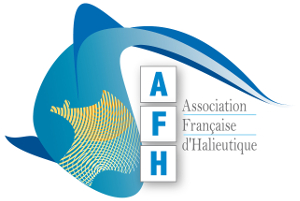The candidate will participate in the development of a real-time forecasting system for Southern Resident killer whales (SRKW).
Specifically, the candidate will develop a statistical framework to estimate and probabilistically predict the locations and trajectories of the 76 endangered Southern Resident Killer Whales (SRKW) in the busy international waters of the Salish Sea. The goals are to better understand their ecology and habitat utilization, and protect them from anthropogenic disturbances such as shipping noise and collisions with ships. This post-doctoral project will require methodological development to make use of multiple data sources pertaining to SRKW and their oceanic environment, each with their own resolution and precision. Up to 3 years of funding is available.
Academic team:
Ruth Joy <http://www.sfu.ca/~rjoy/> (SFU), Mike Dowd
<https://www.mathstat.dal.ca/~mdowd/> (Dalhousie), Dave Campbell
<http://people.stat.sfu.ca/~dac5/Dave_Campbell/Dave_Campbell.html>(SFU/Carleton)
Location:
Burnaby BC, initially with some flexibility after the first year.
Project Abstract:
As only 76 Southern Resident Killer Whales remain, this endangered population cannot risk any injuries or mortalities from ships that transit through their habitat. These whales are present year-round in BC waters, spending significant time foraging in the Salish Sea in the summer. Much of their critical habitat overlaps with shipping lanes connecting the Pacific Ocean with ports in southern British Columbia and Washington State. If operators of transiting ships were aware in real-time of the location and probability of whales moving into or towards their path, a significant proportion of that risk could be removed if ships reduced their speed or adjusted their path.
Using multiple data sources of varying quality and resolution (existing acoustic hydrophone nodes, observer data, and environmental variables), this project aims to develop the capability of an advanced warning system to reduce the risk of lethal and sub-lethal ship collisions for this endangered population. The post-doc will work on developing the methodological framework for a real time stochastic movement forecast model to estimate and predict real-time whale pod locations, with an emphasis on the acquisition, processing, synthesis, fusion and analysis of diverse data types.
2019-07-25
